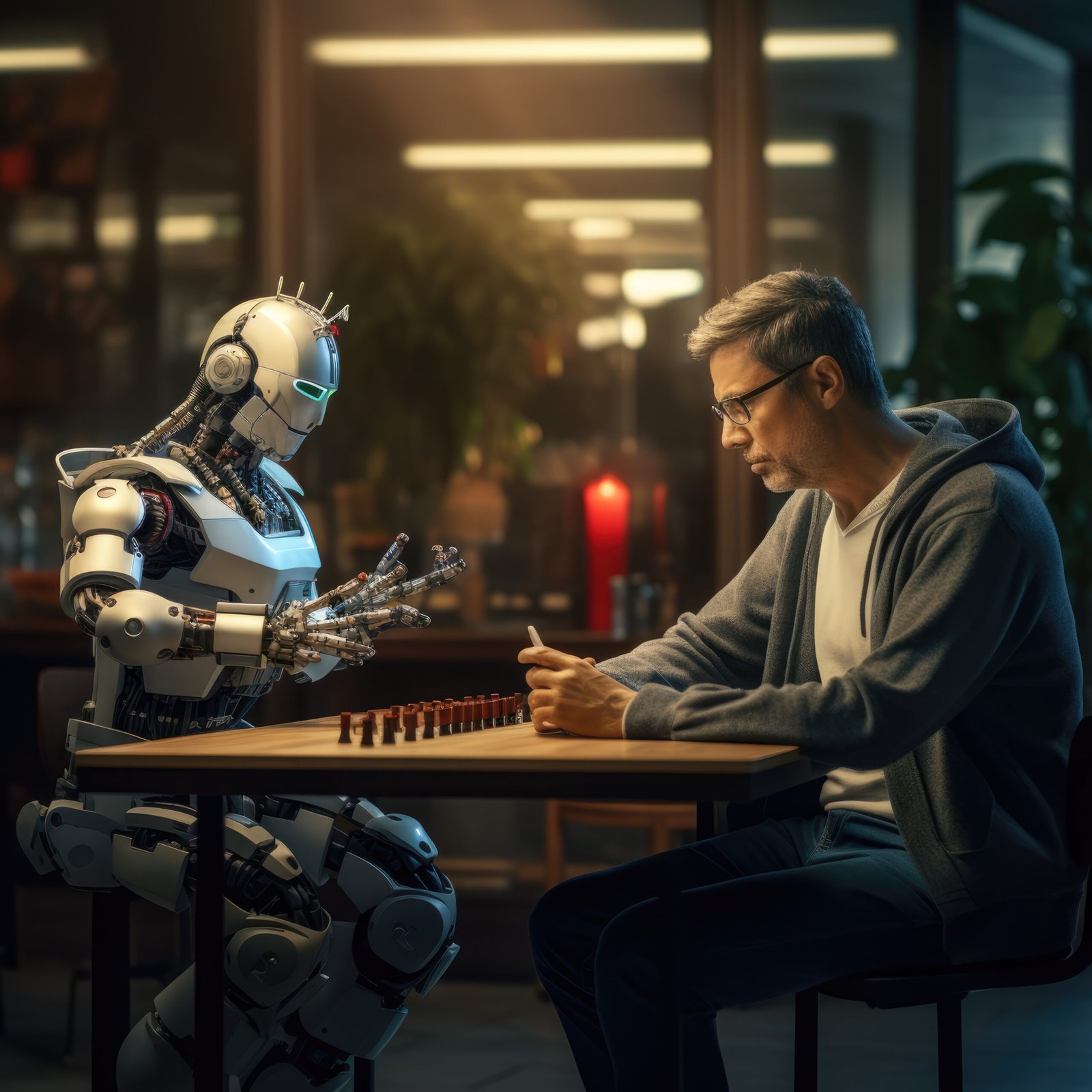In a world where technological development is advancing at an unprecedented pace, earning a university degree is no longer enough to guarantee a stable professional future. Continuous learning — or what is known as Lifelong Learning — has become not an optional choice, but an essential skill for survival and growth in a market being reshaped by artificial intelligence day after day.
🔍 First: Why Has the Concept of “Learning” Changed So Radically?
In traditional education models, learning was viewed as a limited stage that ended with graduation. Today, however, with the integration of AI and digitalization into nearly every field, knowledge has become a renewable, ongoing process. Each new technology introduces new sets of skills and knowledge that must be continuously updated.
This means that anyone who stops learning — even for a few years — risks becoming obsolete in the modern labor market.
Reports from the World Economic Forum (WEF) confirm that more than 44% of current skills will change within the next five years, and that the ability to adapt to these changes will be the key factor determining whether employees remain relevant in the future workforce.
🤖 Second: Artificial Intelligence as a Catalyst for Continuous Learning
Although artificial intelligence causes concern due to the automation of jobs, it is, in fact, the greatest driver of a self-learning revolution. Intelligent platforms can now analyze learners’ needs and provide personalized content based on their level and career ambitions.
This means that the concept of “one classroom for all” is now a thing of the past. Today, every learner can design their own learning journey — supported by intelligent recommendation systems and learning analytics tools that offer a highly flexible and personalized experience.
Within this new paradigm, Tariq Academy stands out as a leading example. It designs training programs that integrate artificial intelligence with behavioral analytics to help learners develop precise, market-relevant skills.
📈 Third: The Most Needed Skills in the Age of Artificial Intelligence
Technical skills alone are no longer sufficient. The digital world requires a blend of technical and human skills.
According to LinkedIn Learning (2025), the most in-demand skills for the future include:
-
Analytical and critical thinking.
-
Complex problem-solving abilities.
-
Self-learning and adaptability.
-
Emotional intelligence and collaboration between human and digital teams.
These skills are not gained solely through traditional university education, but through a continuous learning journey that involves experience, volunteering, and learning via advanced digital platforms.
🧭 Fourth: From Learning to “Relearning”
One of the modern concepts introduced by the Fourth Industrial Revolution is Relearning — re-evaluating and updating existing skills to match new realities.
Engineers, trainers, and even entrepreneurs can no longer rely on the same tools they used five years ago. Hence, the role of specialized academies such as Tariq Academy is to provide a flexible learning environment that enables learners to rebuild their skills periodically, keeping pace with ongoing changes in the labor market.
🌟 Fifth: Tariq Academy as a Model for Future Learning
Tariq Academy adopts the philosophy of “Lifelong Learning” as the foundation of its training programs by:
-
Continuously updating curricula based on real market needs.
-
Integrating AI into the analysis of student performance and learning progress.
-
Offering interactive digital platforms that allow learners to study anytime and anywhere.
Thus, the Academy does not merely graduate learners — it creates lifelong learners, capable of leading change rather than merely adapting to it.
🧩 Conclusion
In the age of artificial intelligence, the key question is no longer “What have you learned?” but rather, “How capable are you of continuing to learn?”
Lifelong learning is no longer an intellectual luxury — it is a means of survival and growth in a rapidly transforming world.
And this is precisely the mission of Tariq Academy:
To build a generation that does not settle for information, but continually seeks knowledge — because those who stop learning, stop evolving.




